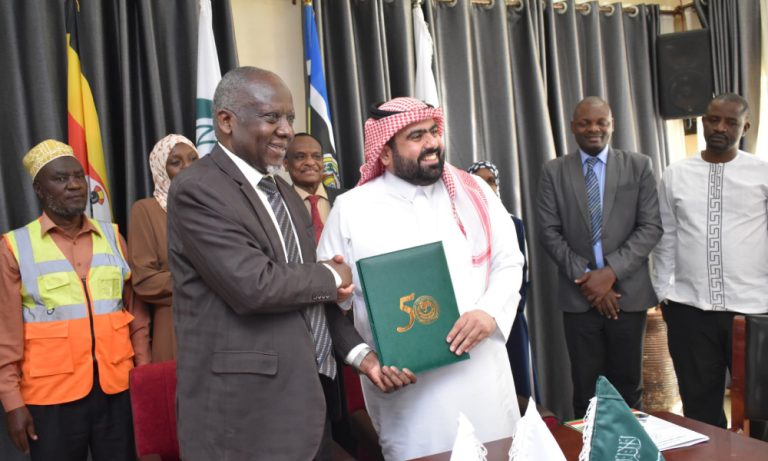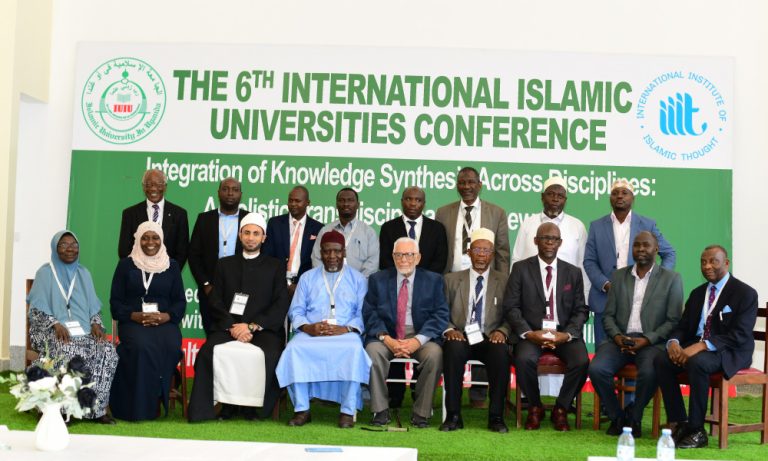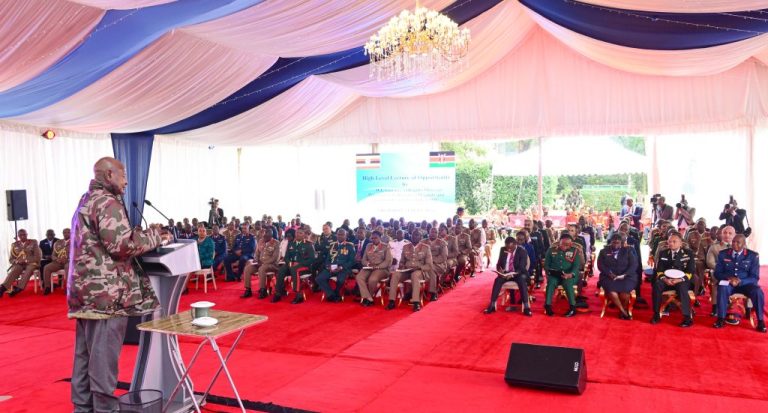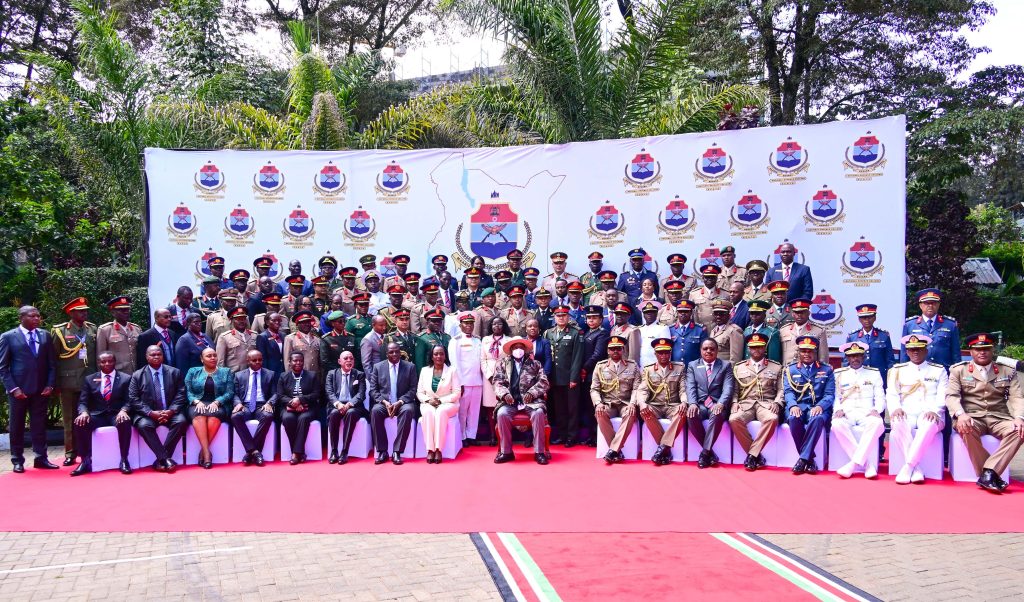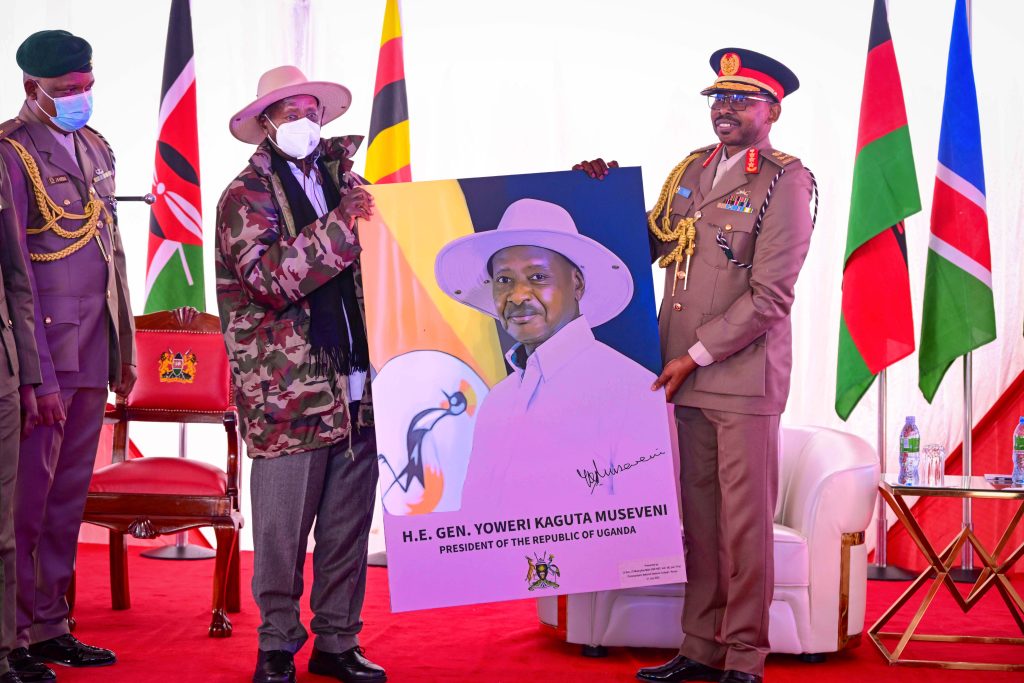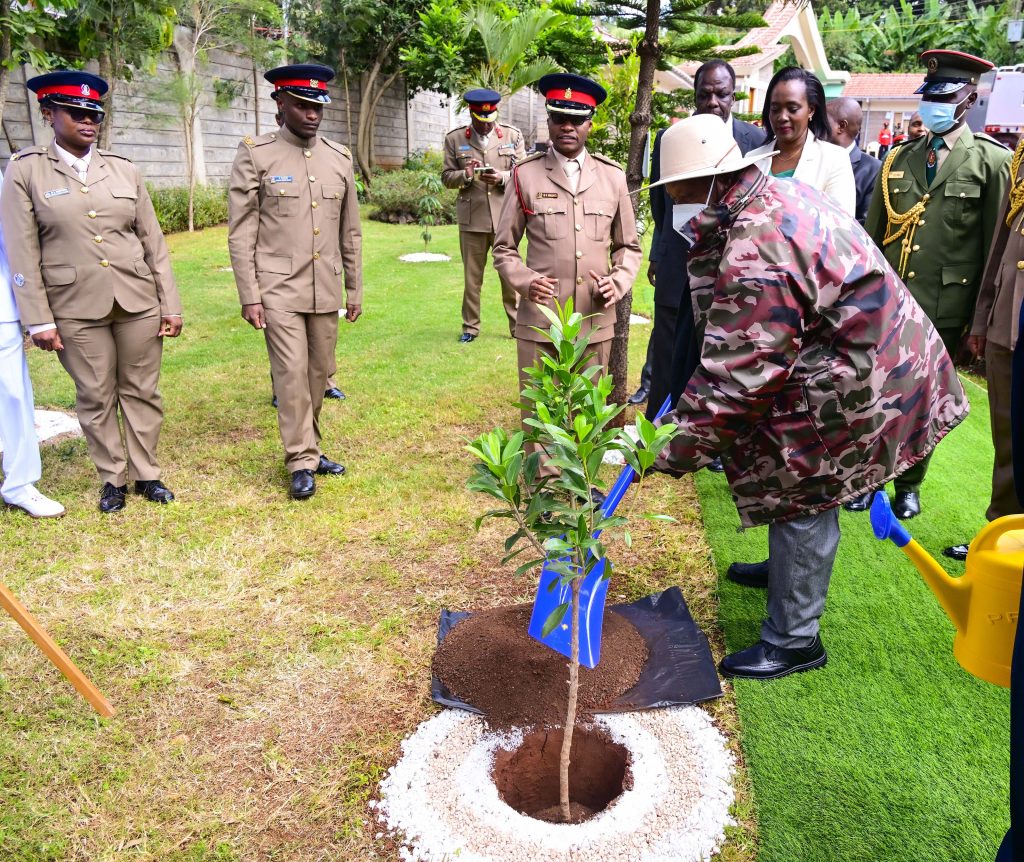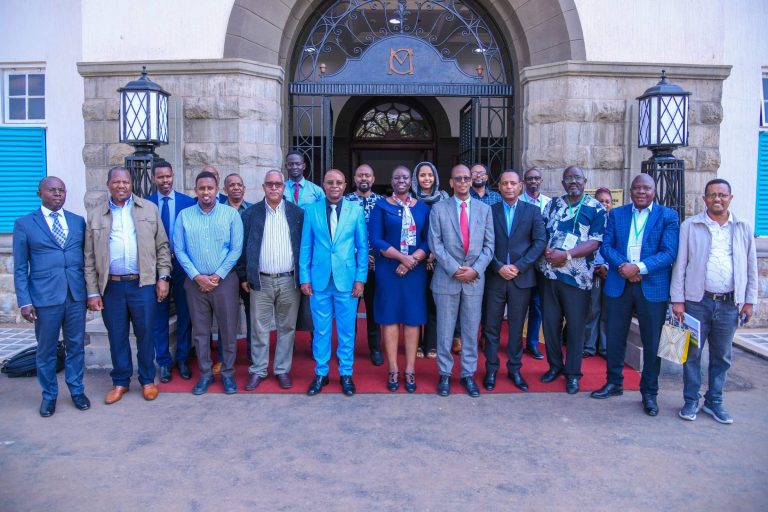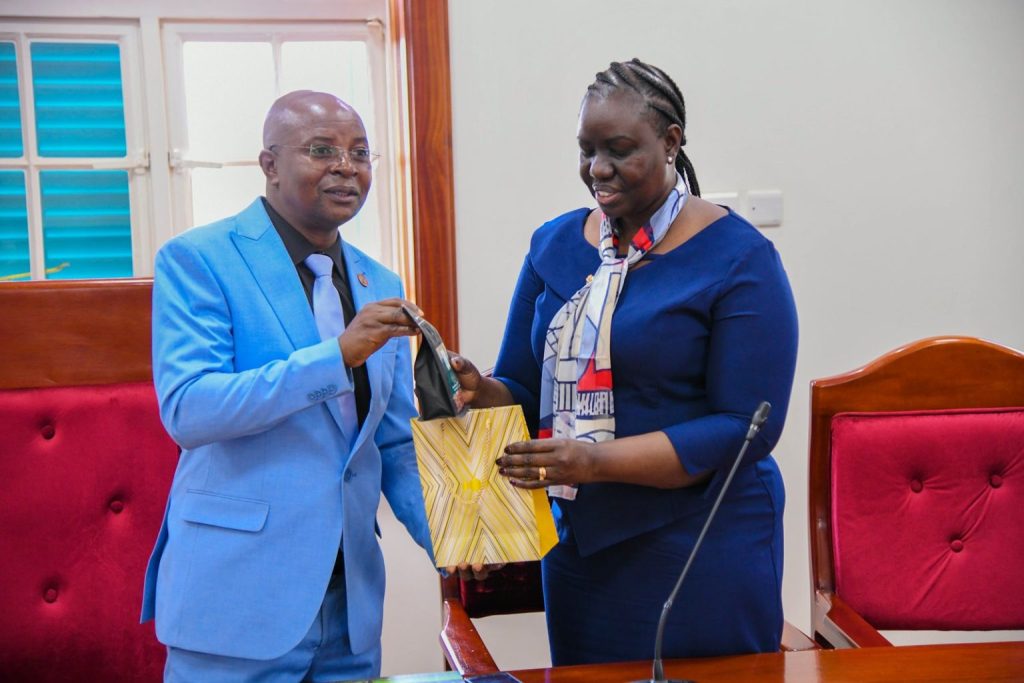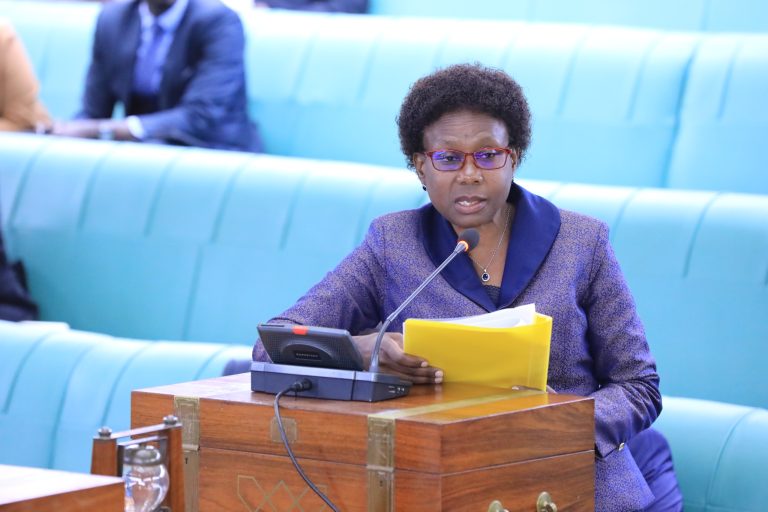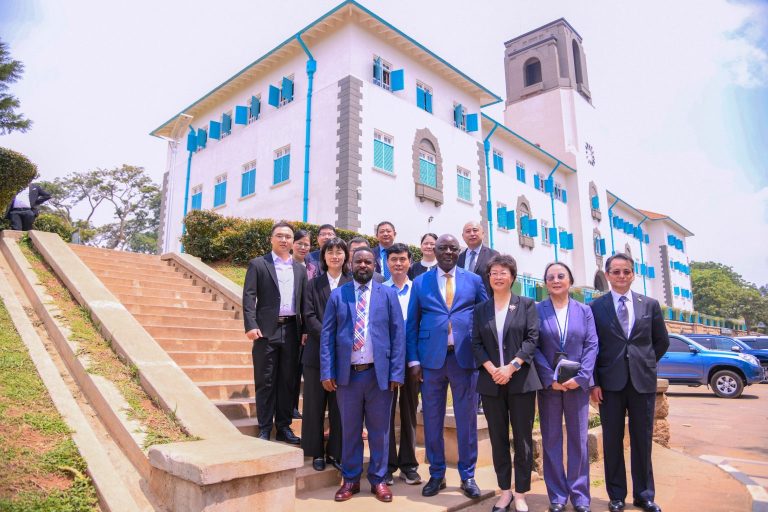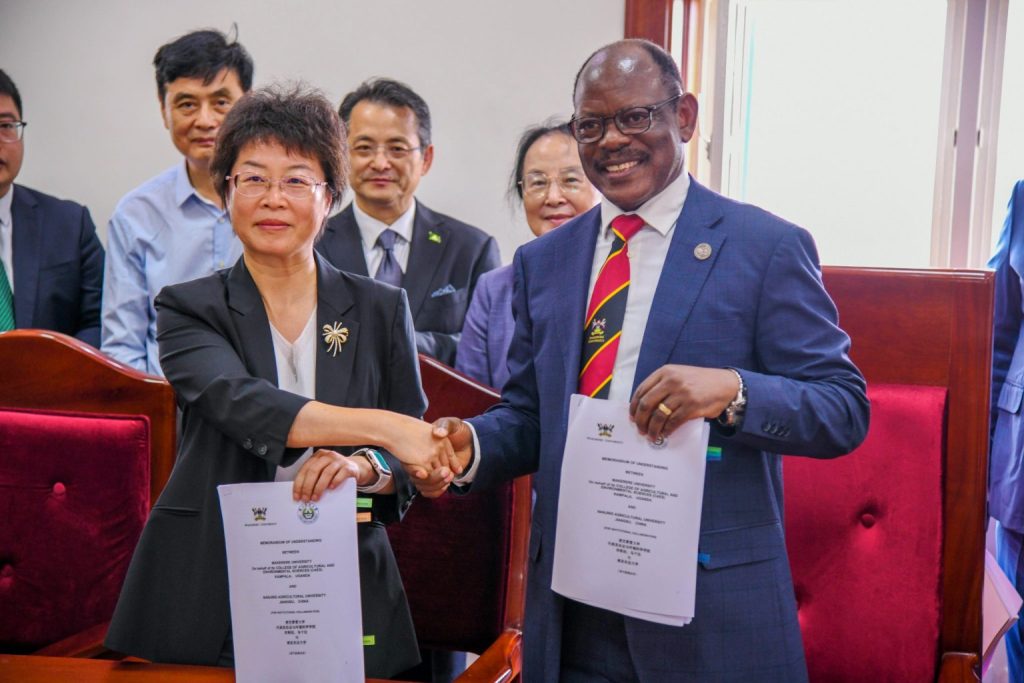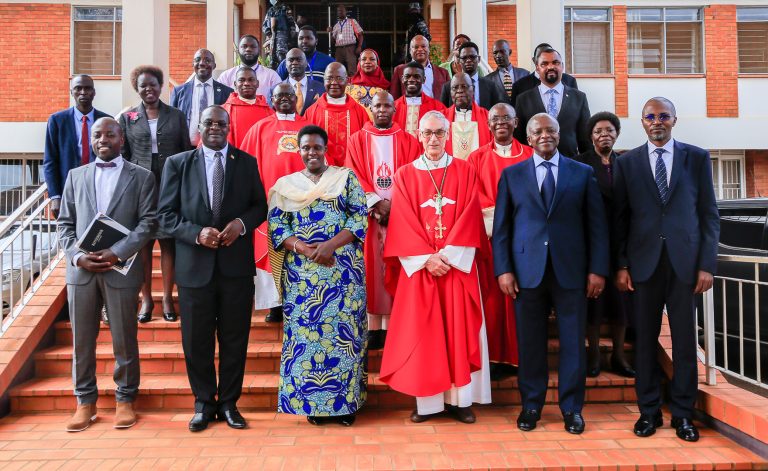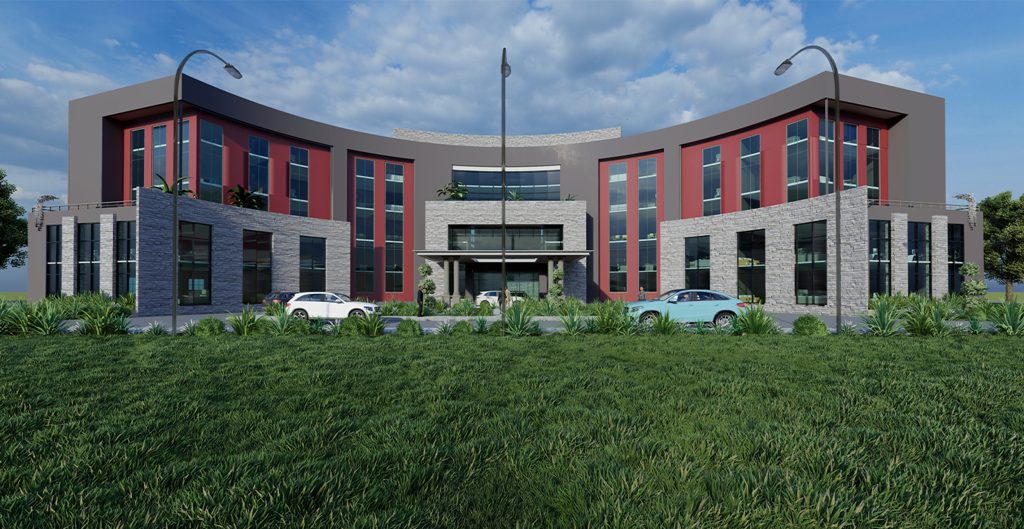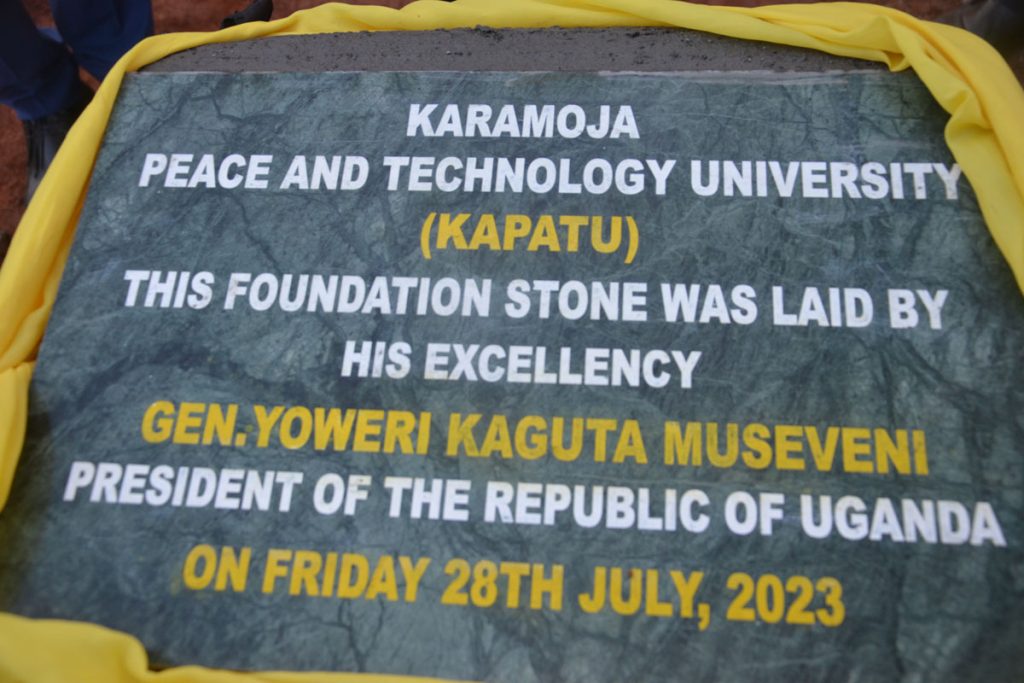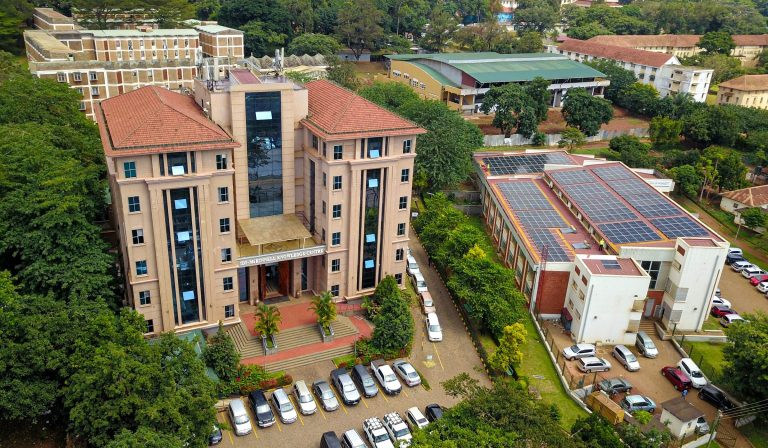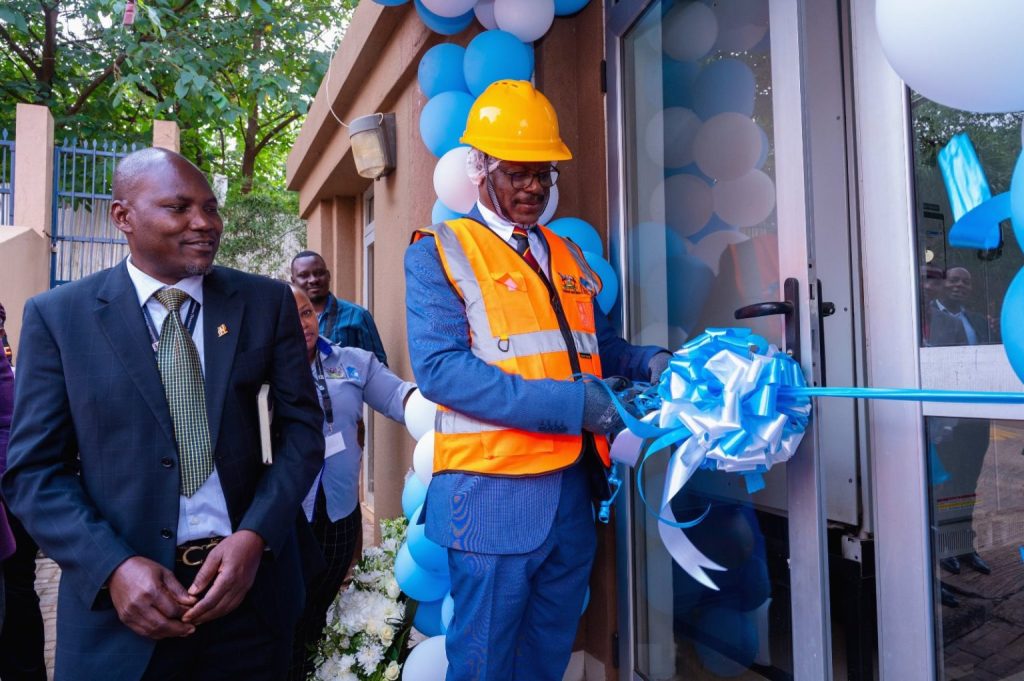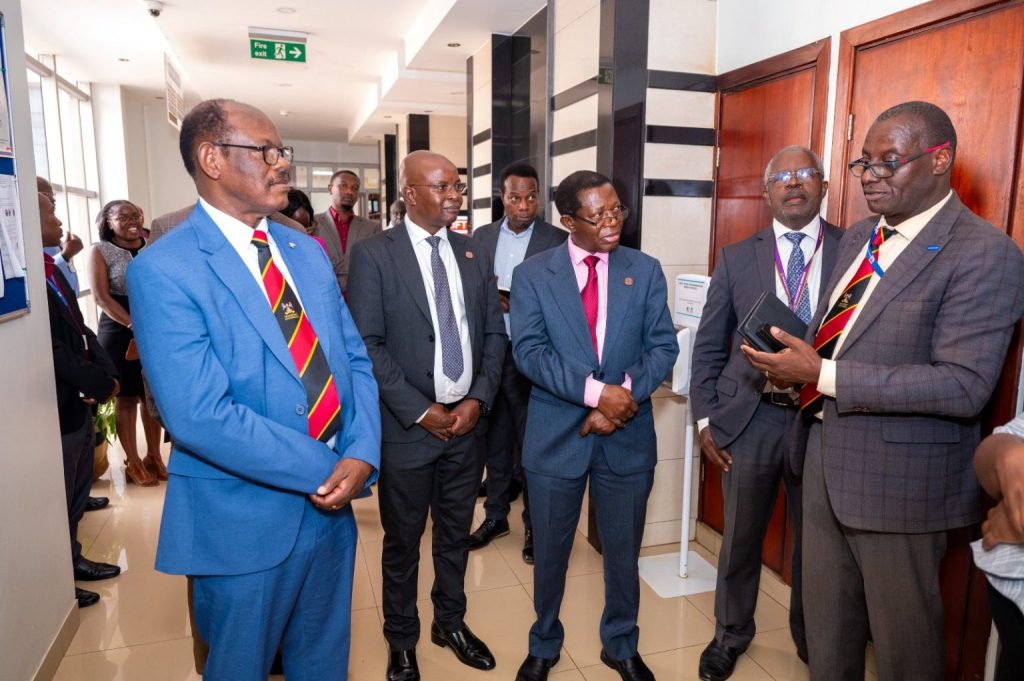A delegation from the Islamic Solidarity Fund (ISF) has visited the Islamic University in Uganda (IUIU) to assess the progress of ongoing projects and explore new areas of collaboration aimed at advancing Islamic education and community development.
The visit, conducted on August 2, focused on evaluating ISF-funded initiatives and reaffirming the organisation’s commitment to supporting IUIU’s vision of providing inclusive, quality education grounded in Islamic values.
The ISF has committed substantial support to several infrastructure and academic development projects at IUIU.
Among the major investments is USD 130,000 earmarked for the construction and equipping of a Nursing and Midwifery training block, designed to empower young women with essential healthcare skills.
The delegation also reviewed the co-funded modern library project at the Mbale Main Campus, which will include digital learning tools to serve both university students and the wider community.
In basic education, ISF continues to support Lukman Primary School through classroom refurbishment, scholarships for underprivileged learners, and teacher development programmes.
The visit also marked discussions around expanding international student sponsorships, including signing new memorandums of understanding (MOUs) to support students from conflict-affected regions. These MOUs cover both tuition and living expenses to ensure uninterrupted learning for vulnerable students.
The IUIU administration commended ISF for its long-standing partnership and its impact on strengthening academic delivery, student welfare, and institutional growth.
The visit reaffirmed ISF’s commitment to supporting education as a tool for empowerment, development, and peace in Muslim communities.


